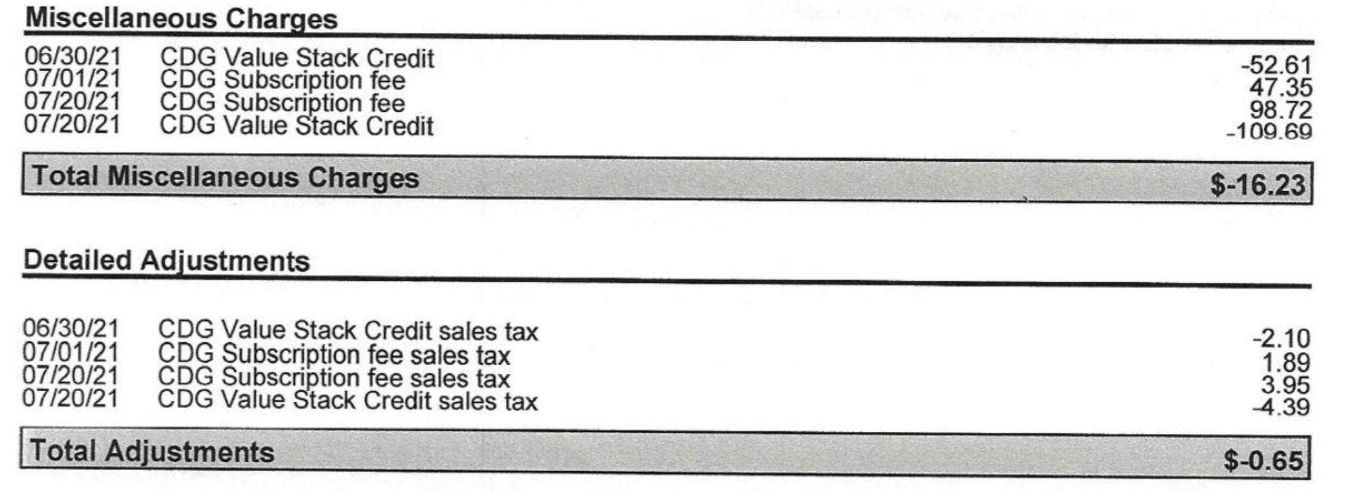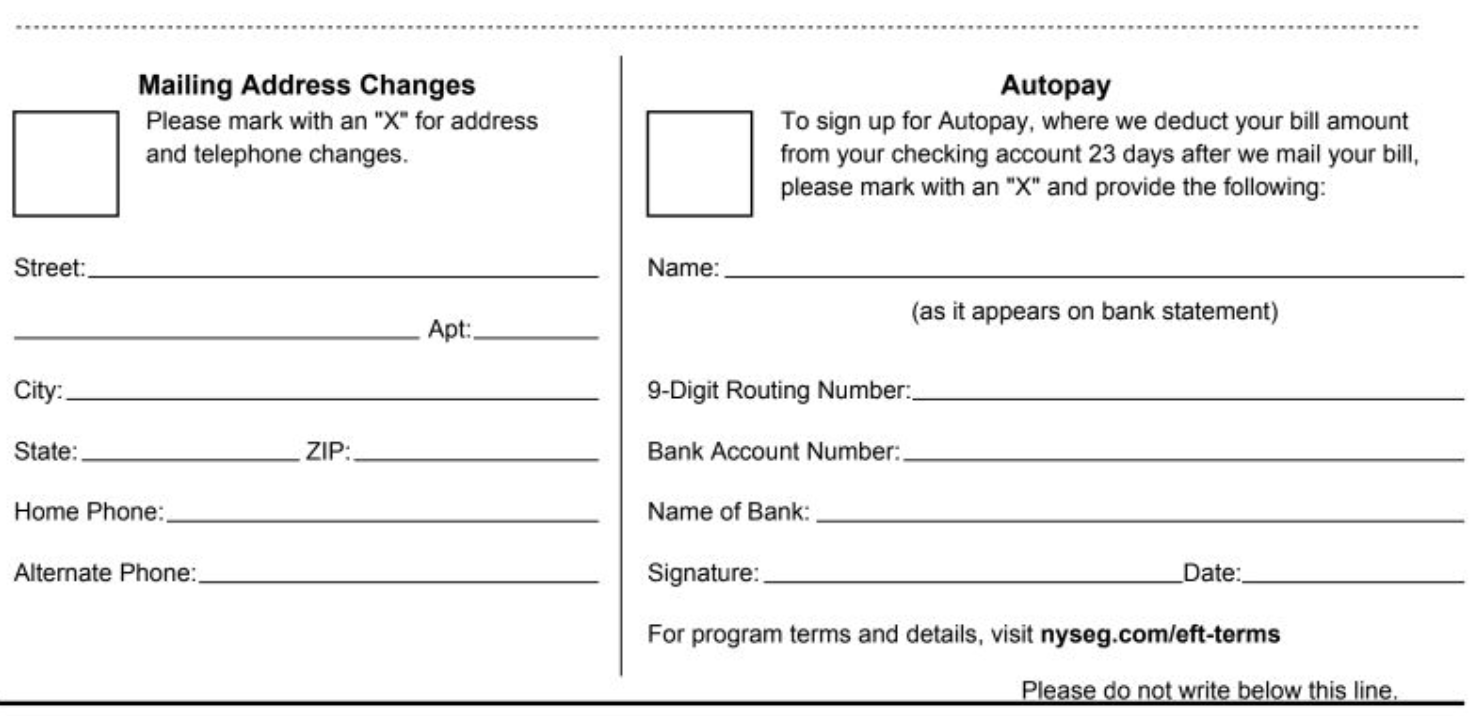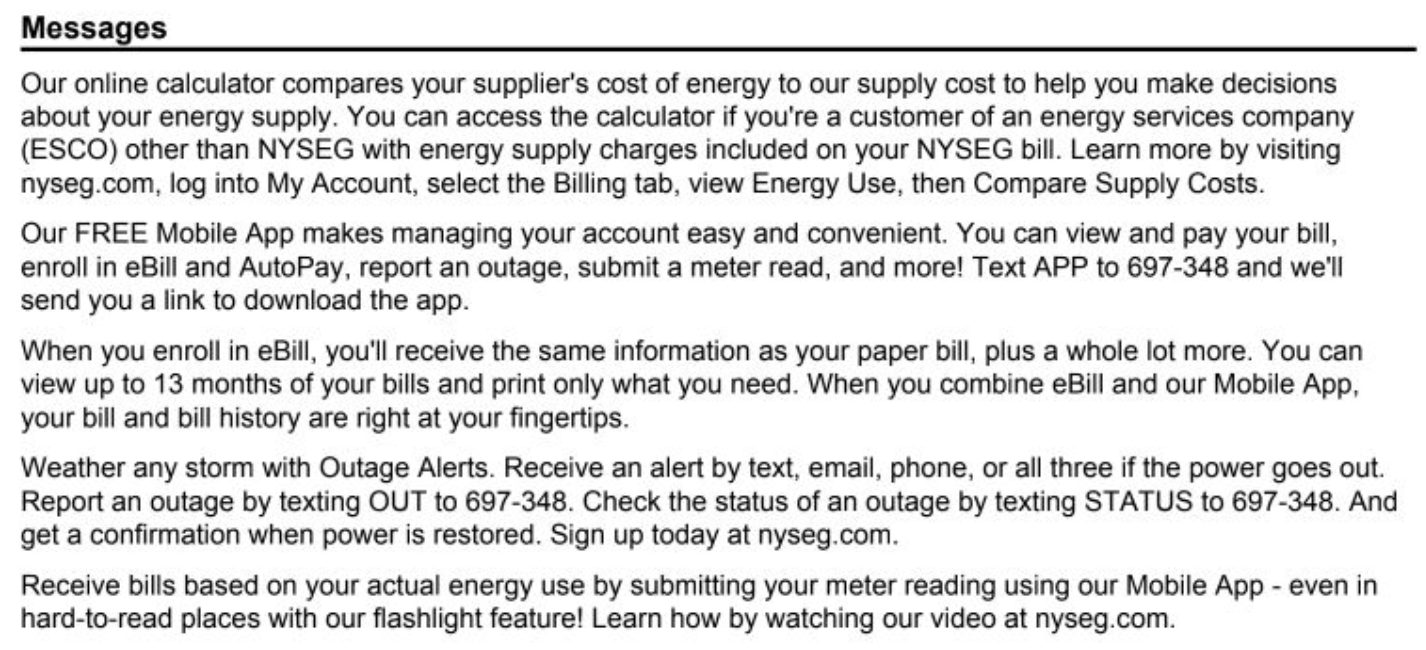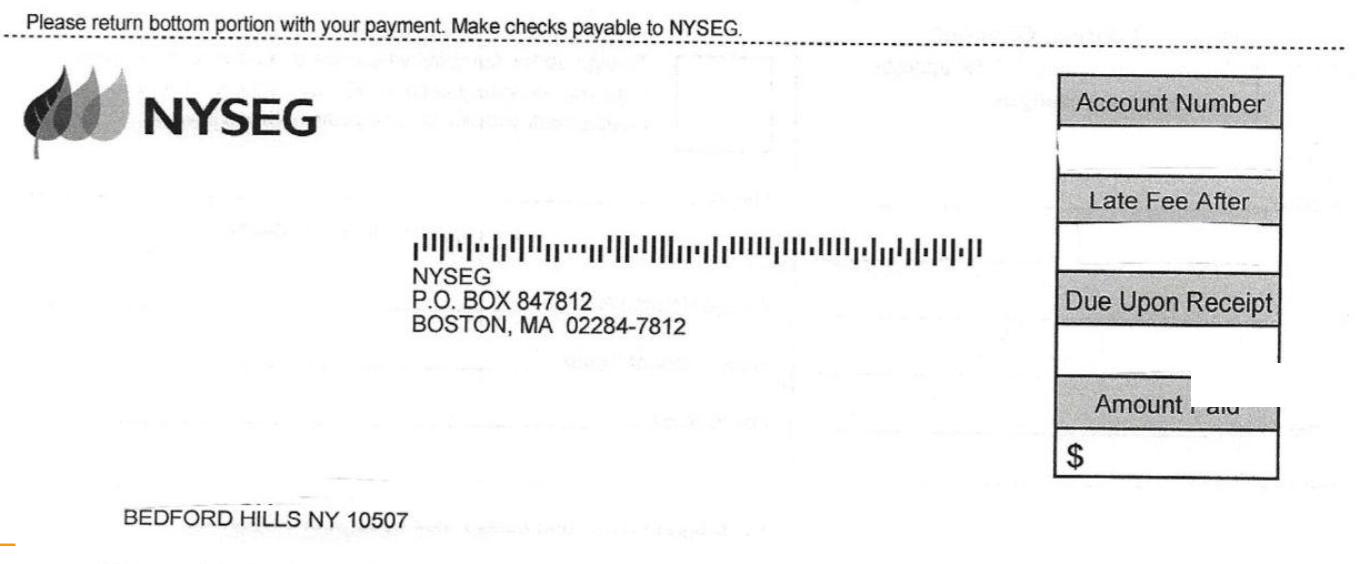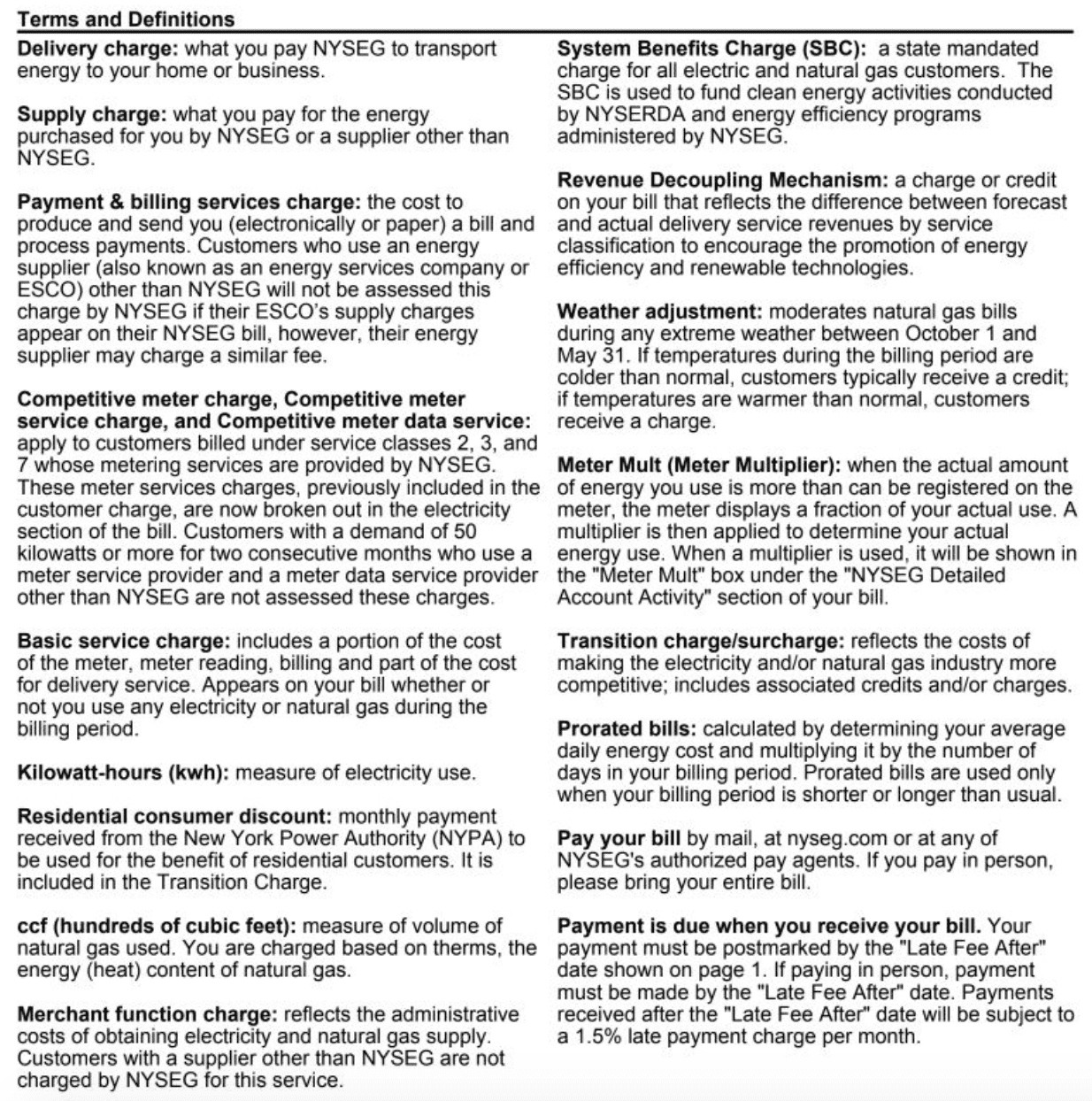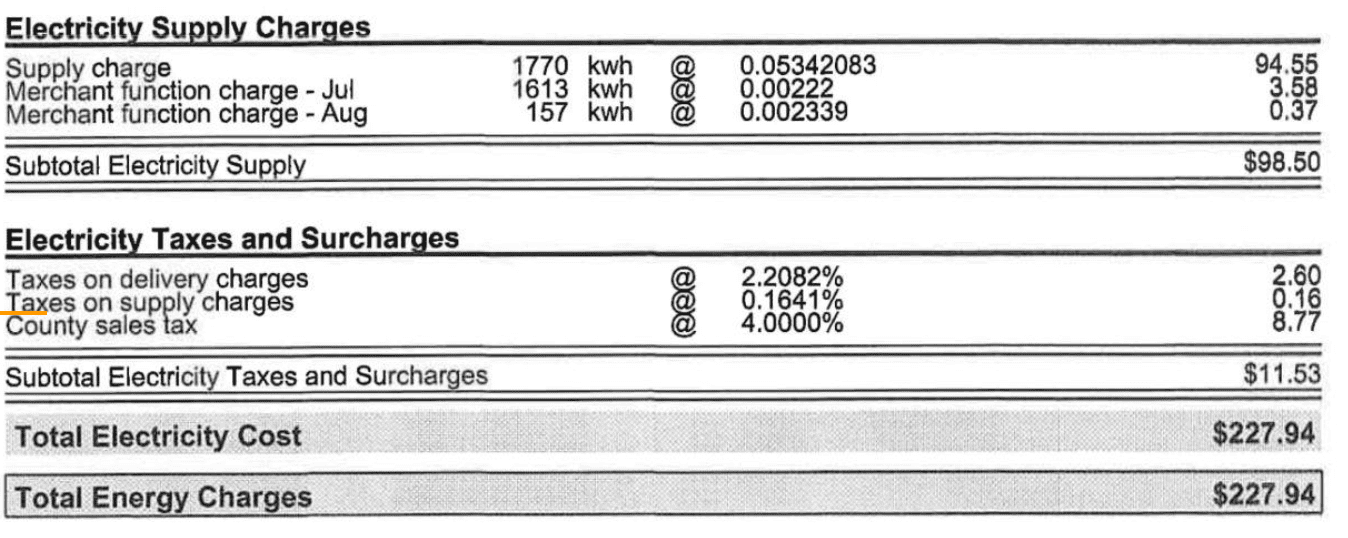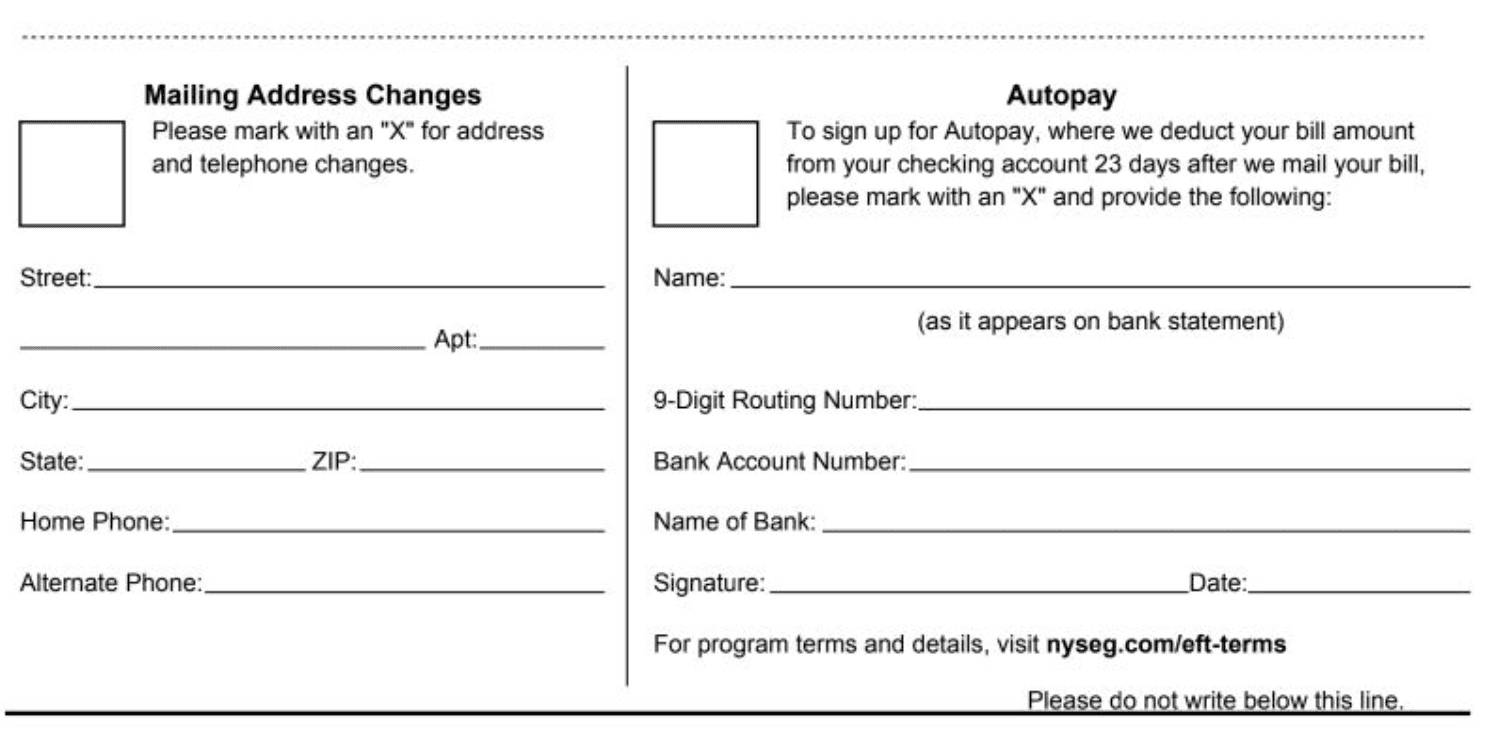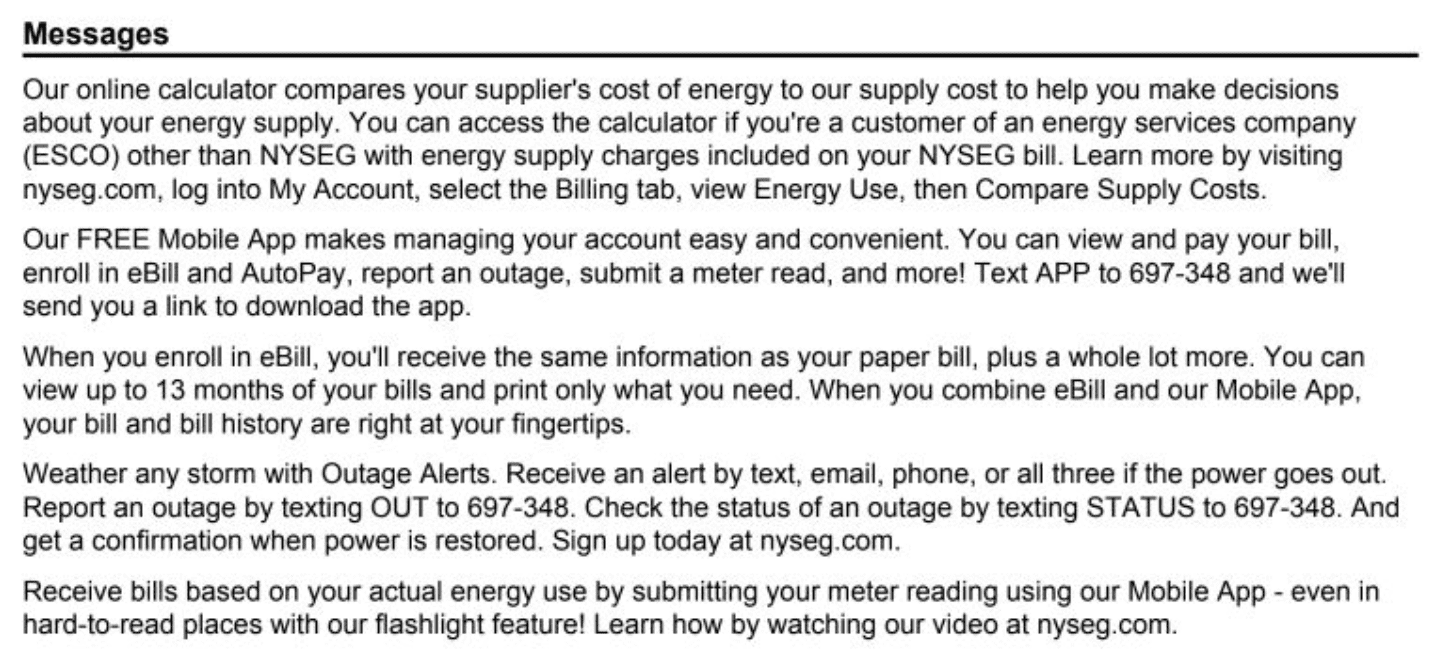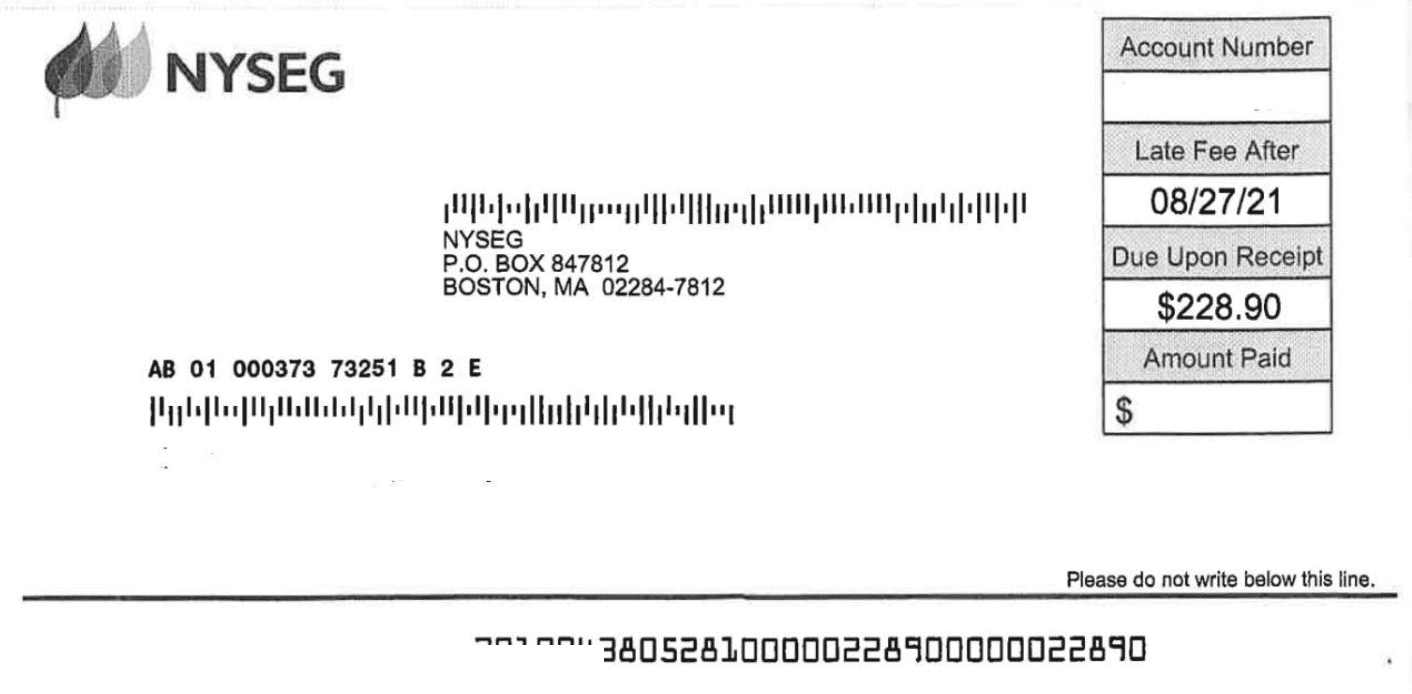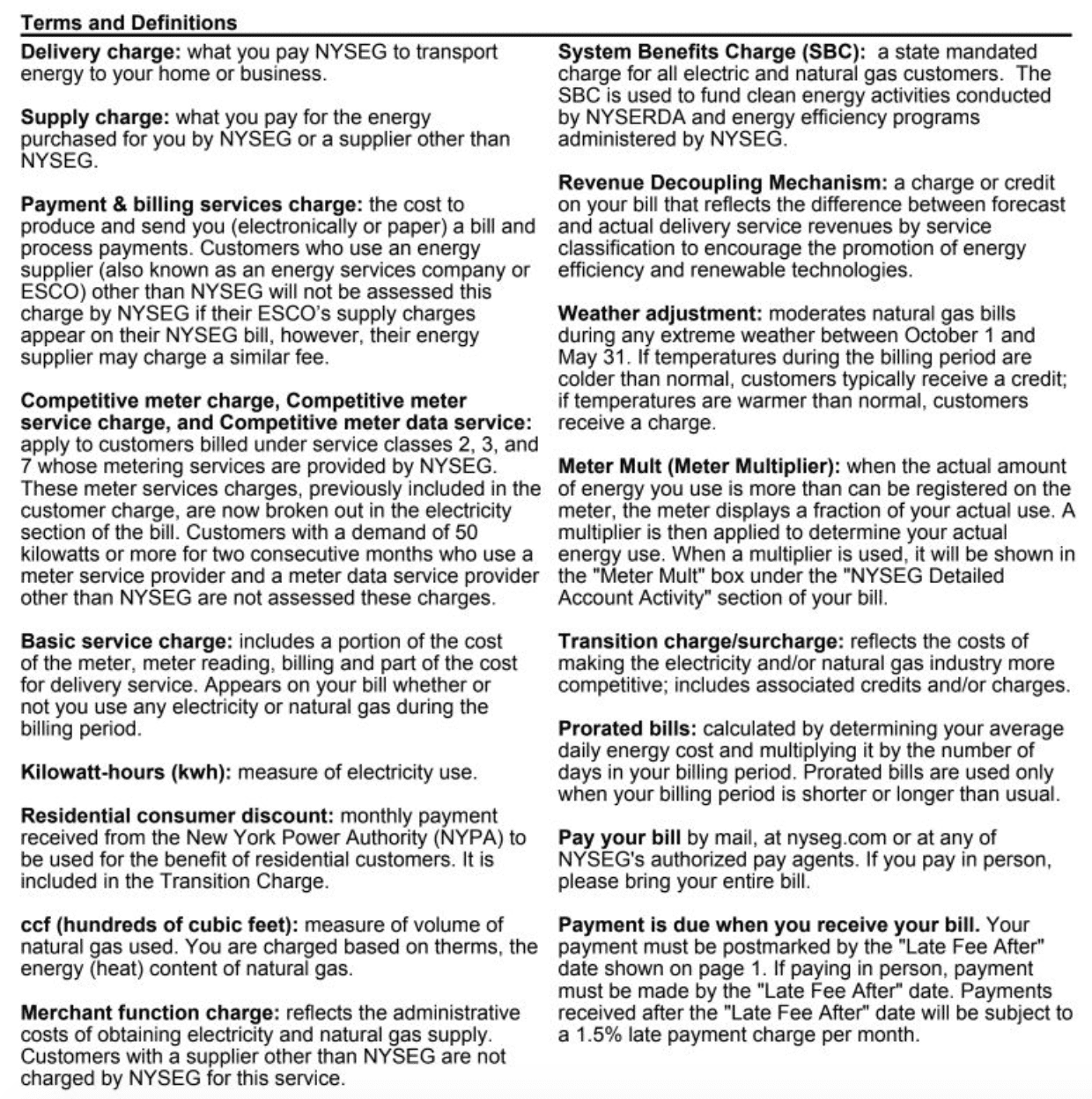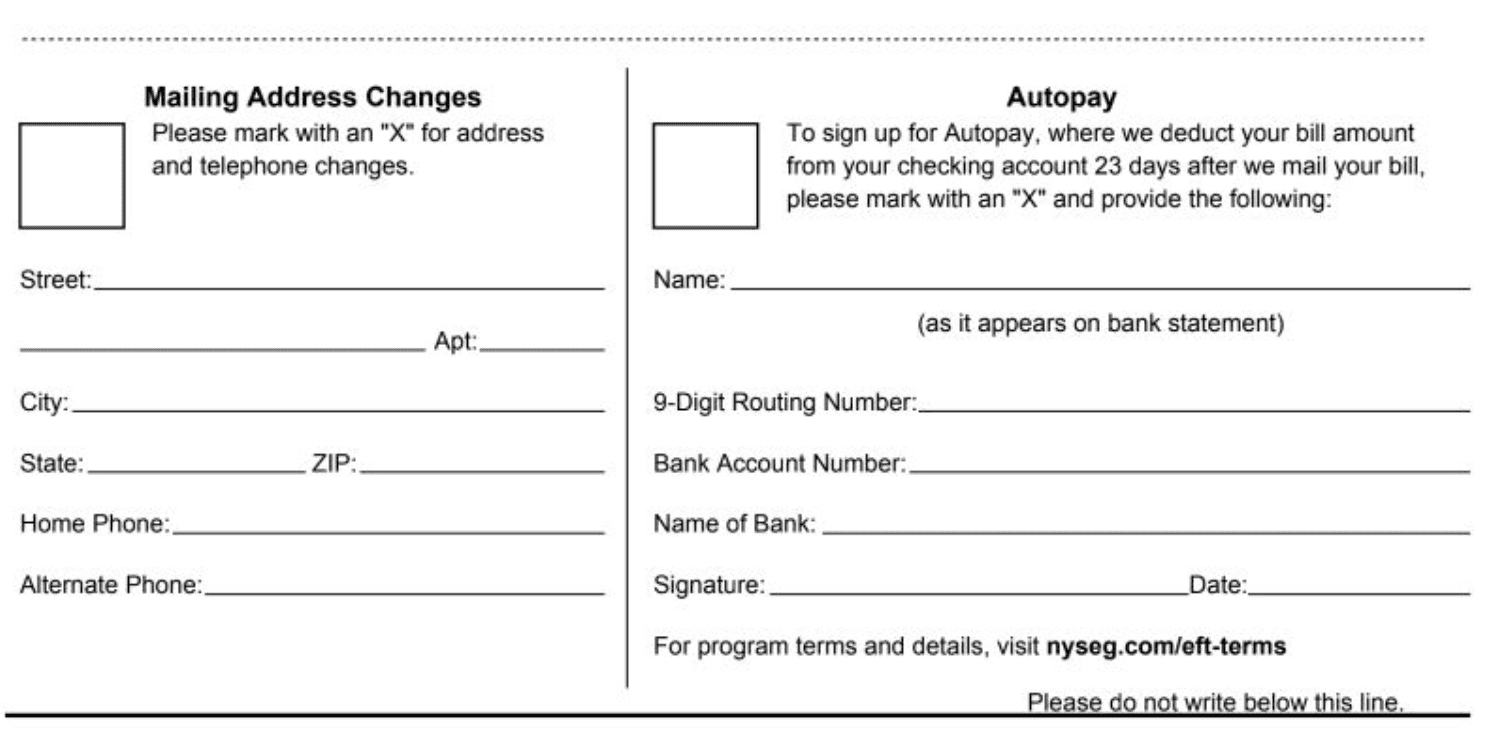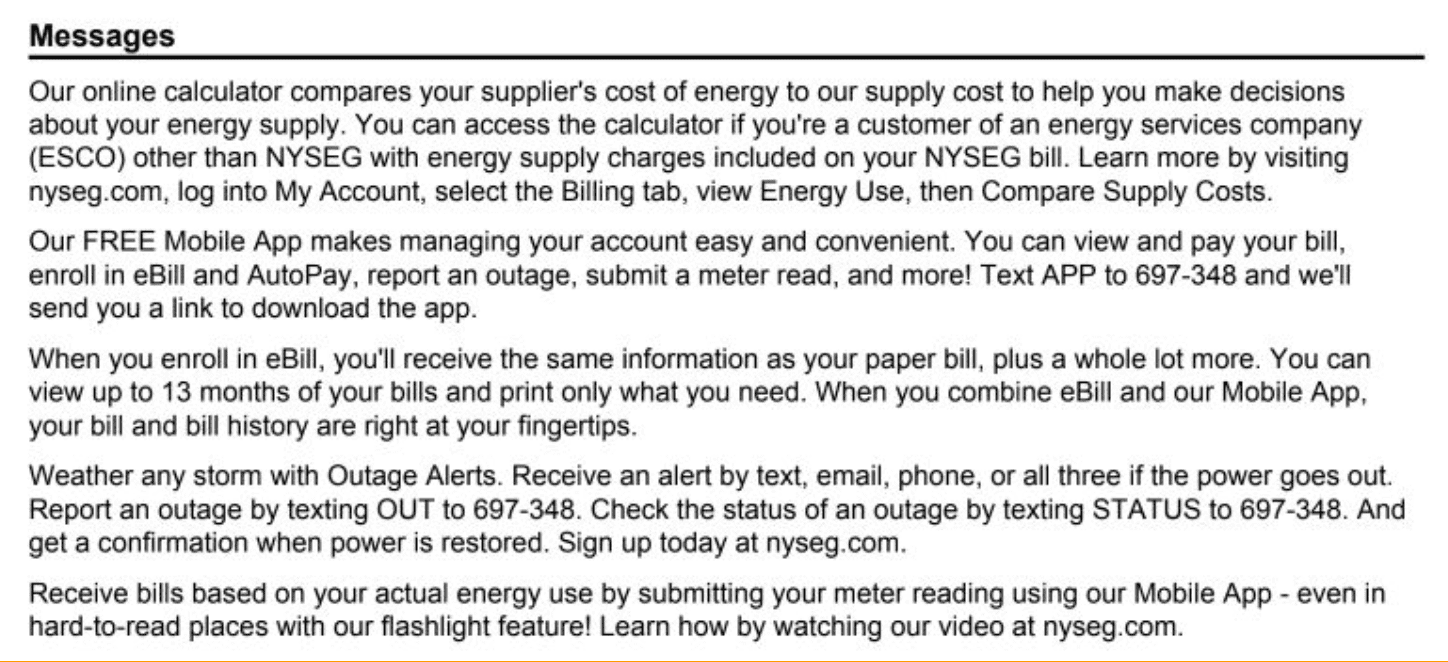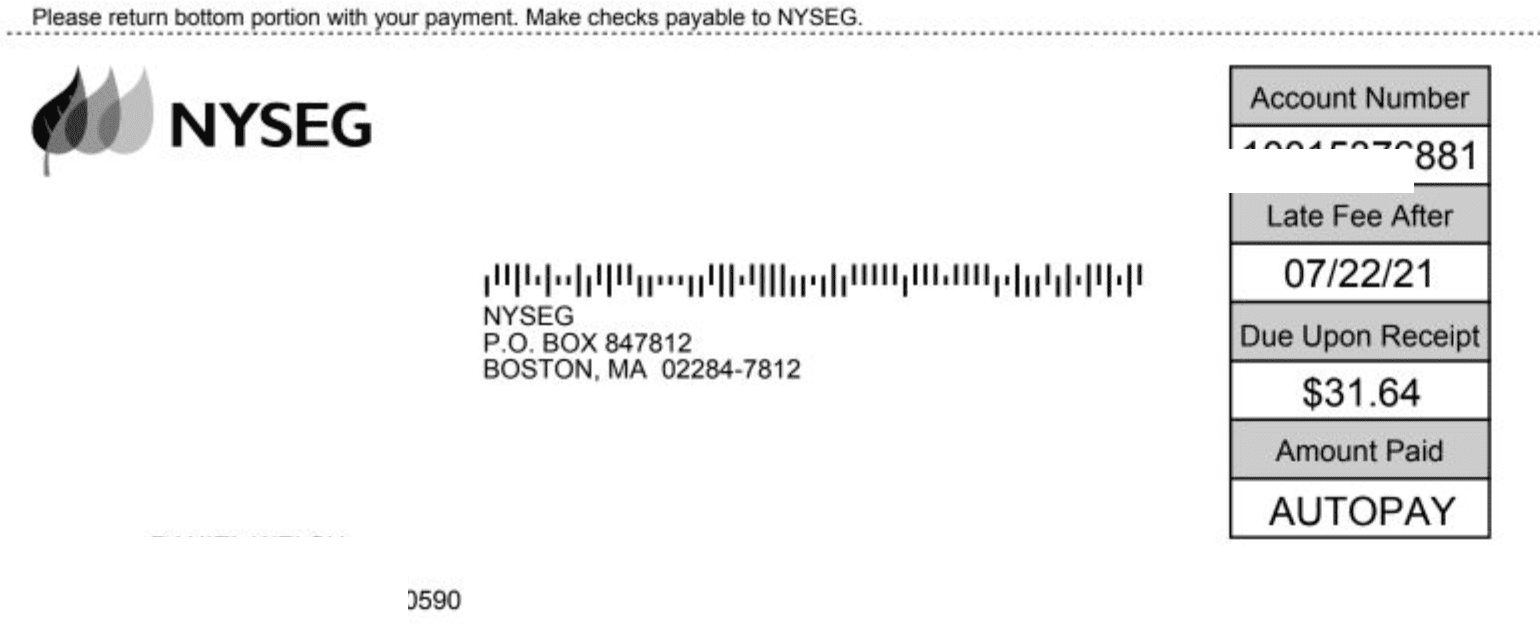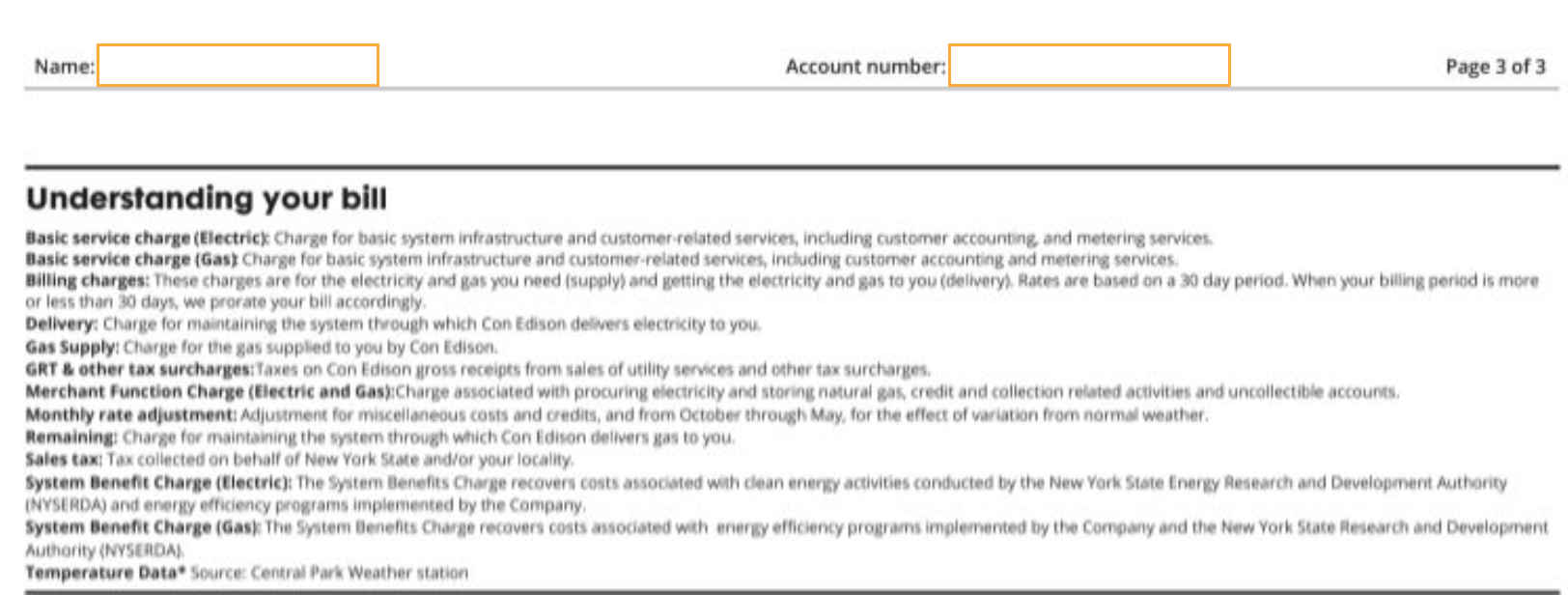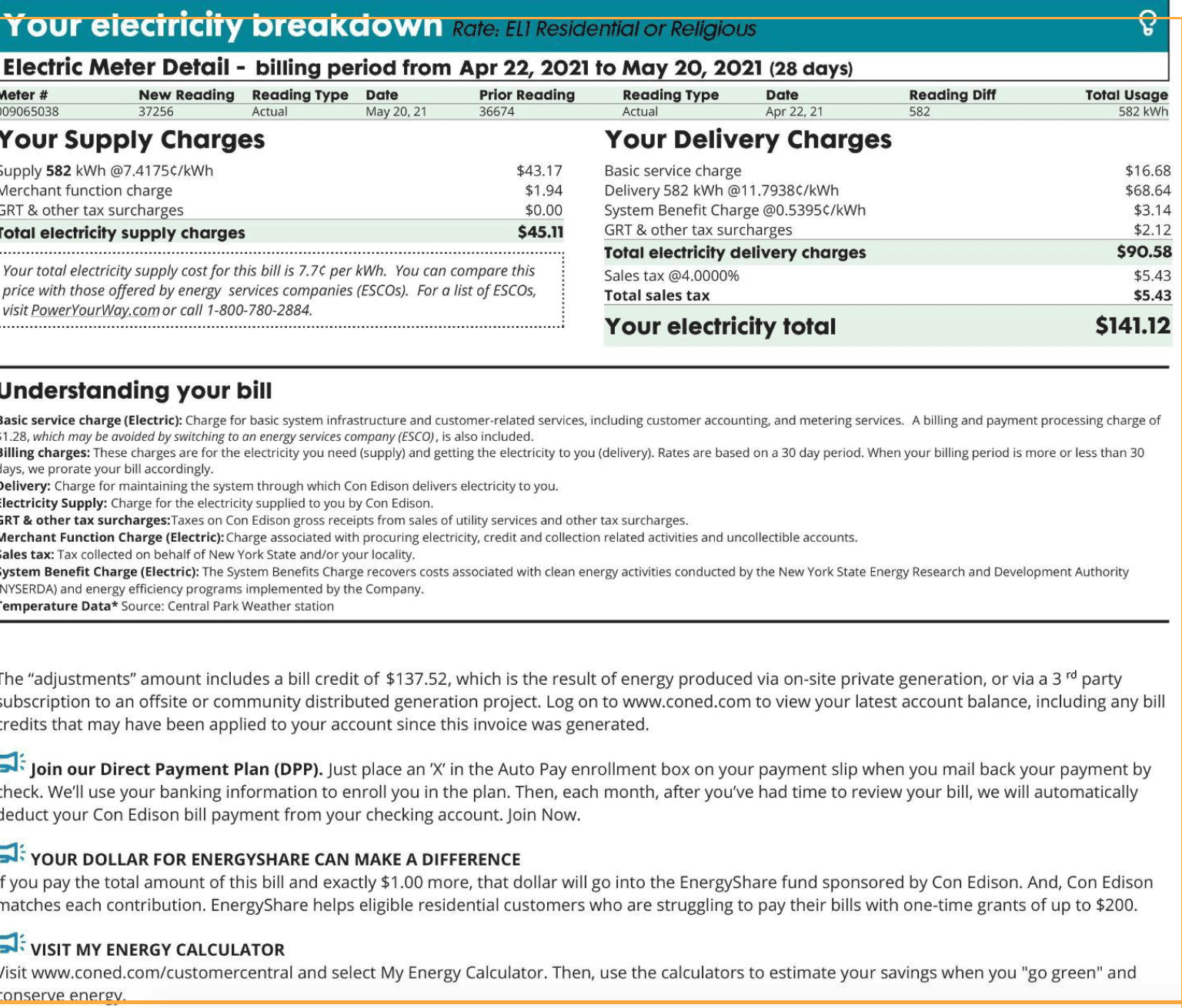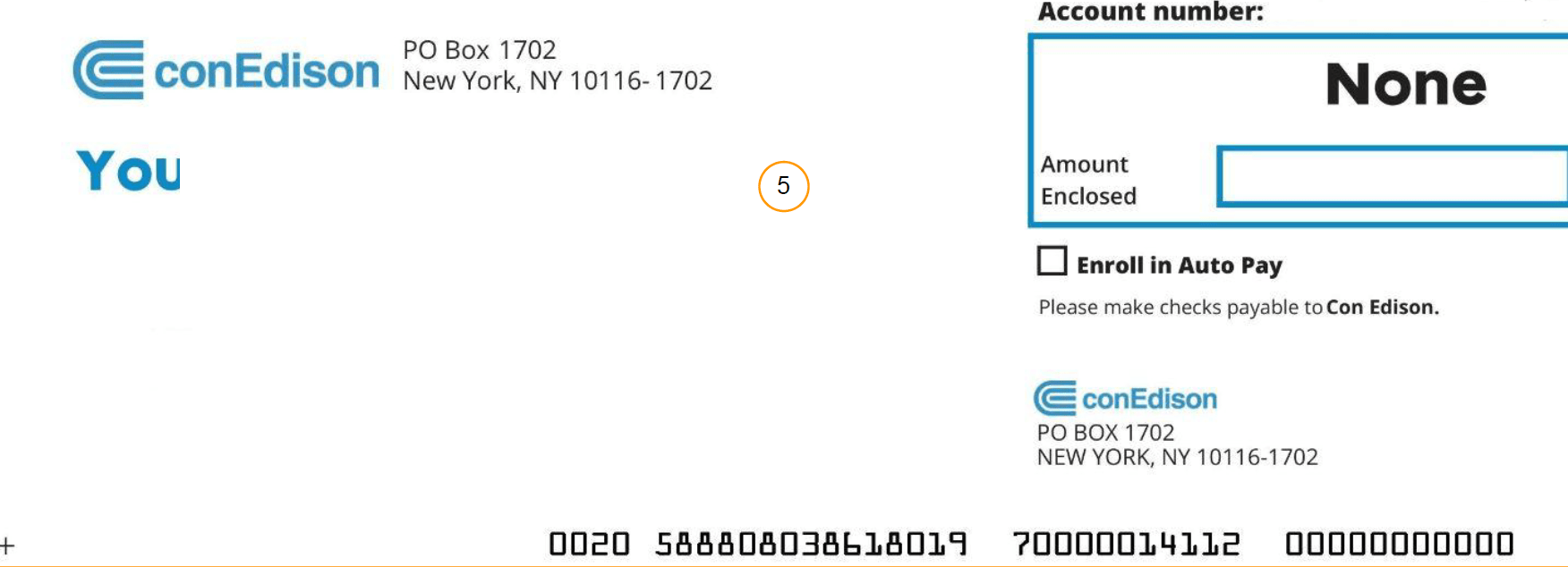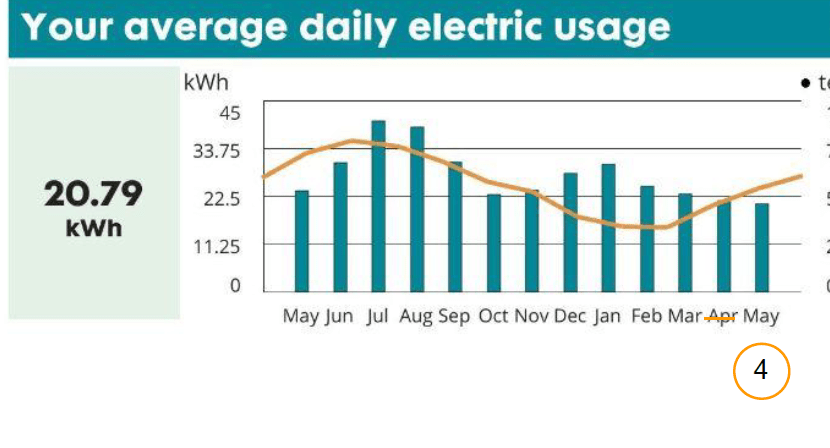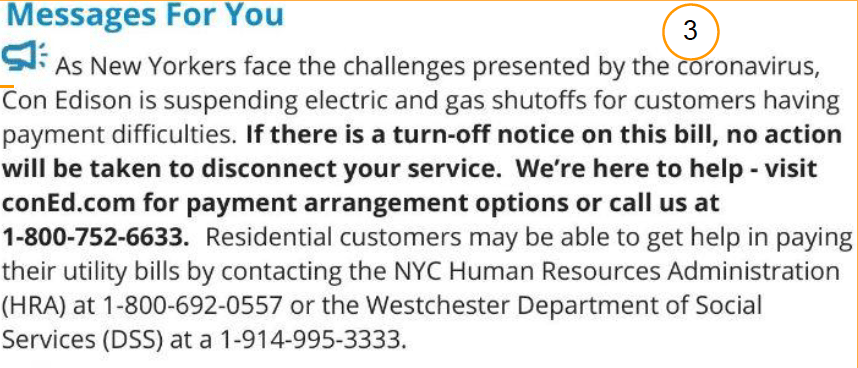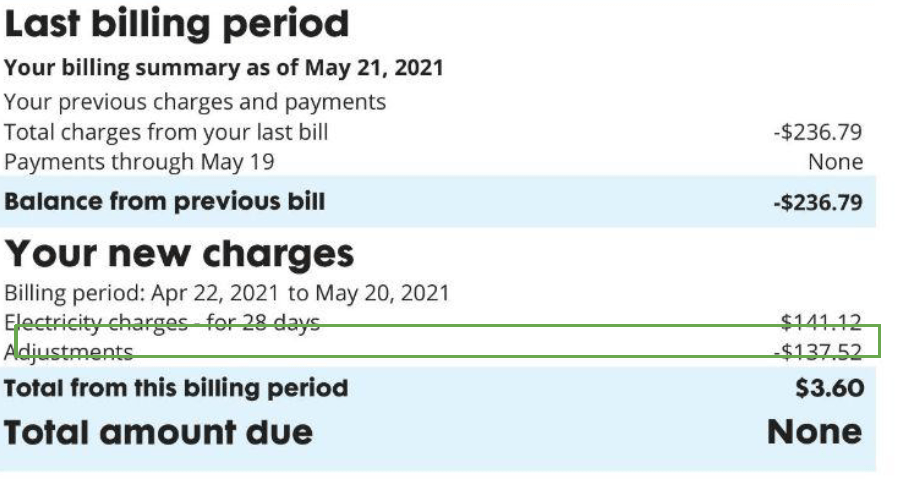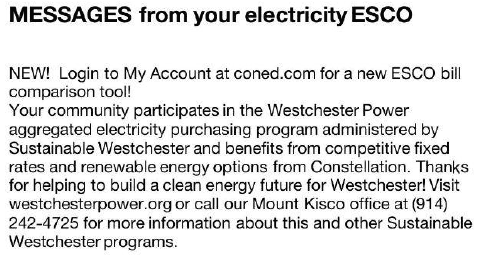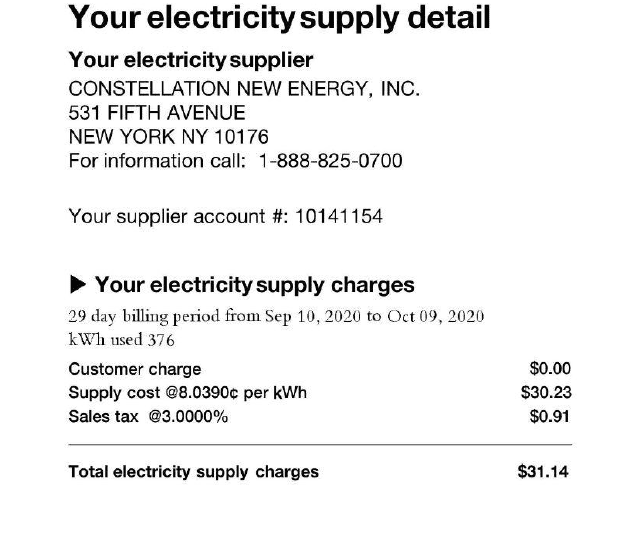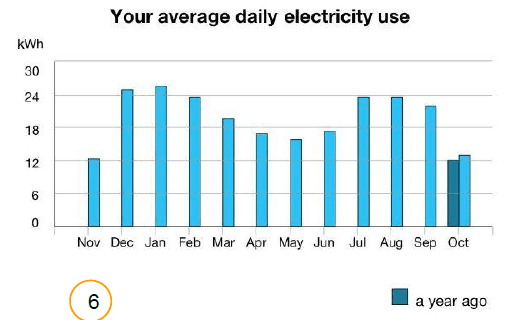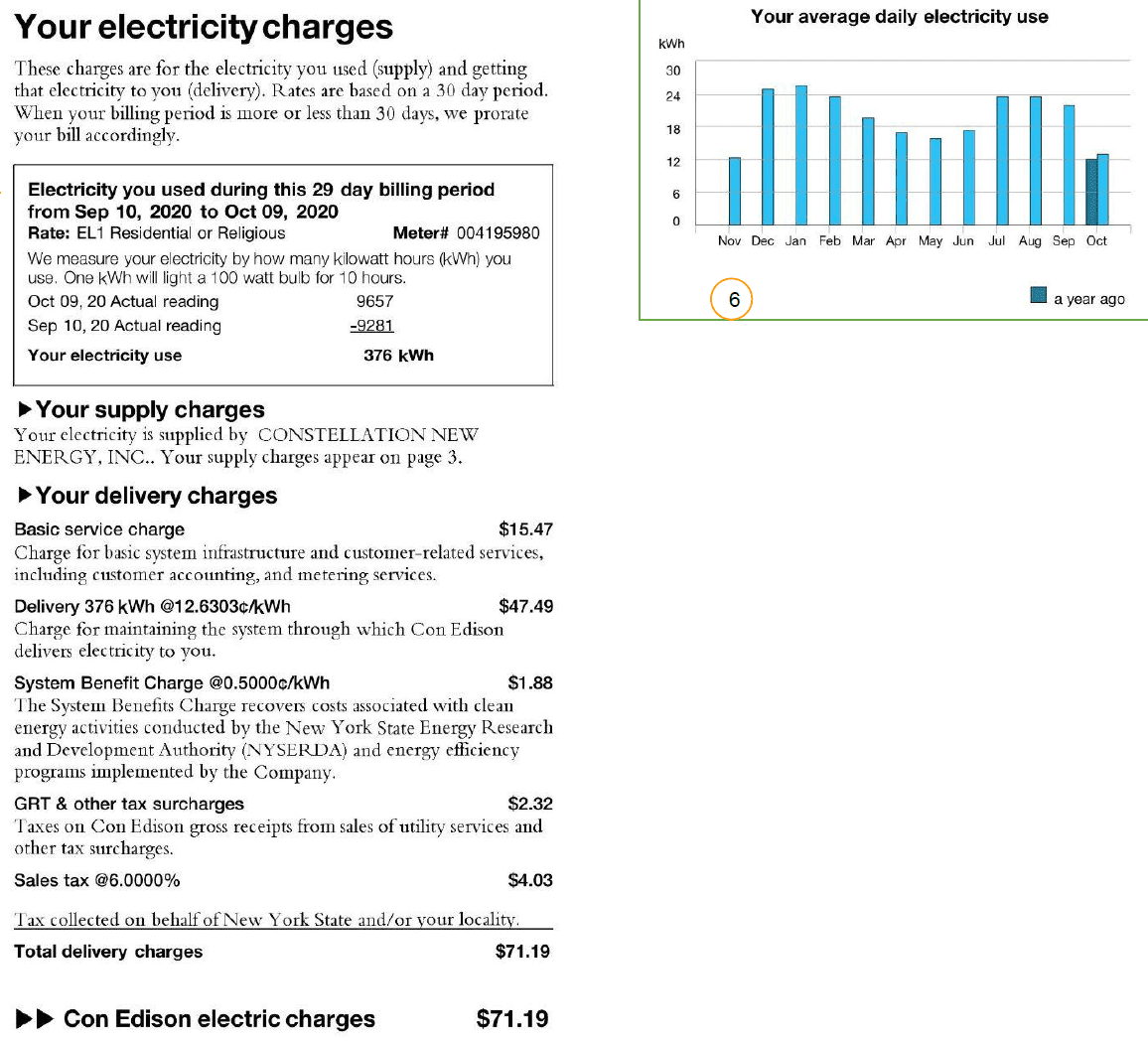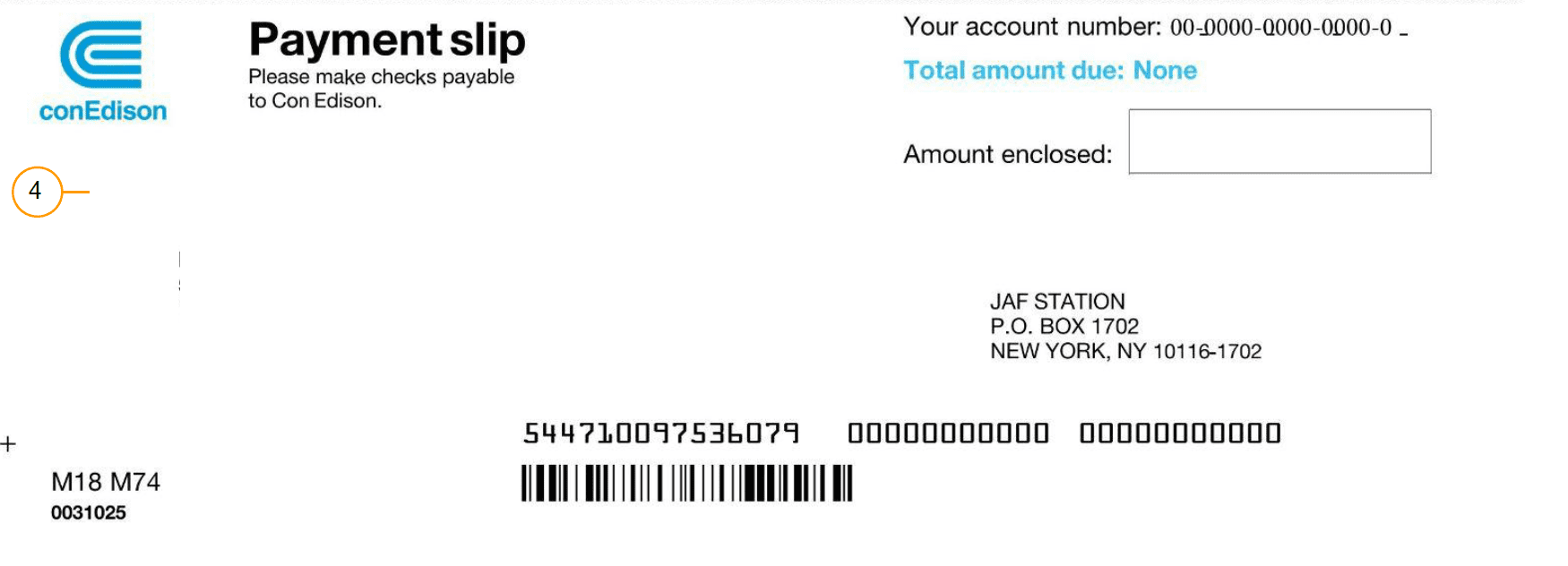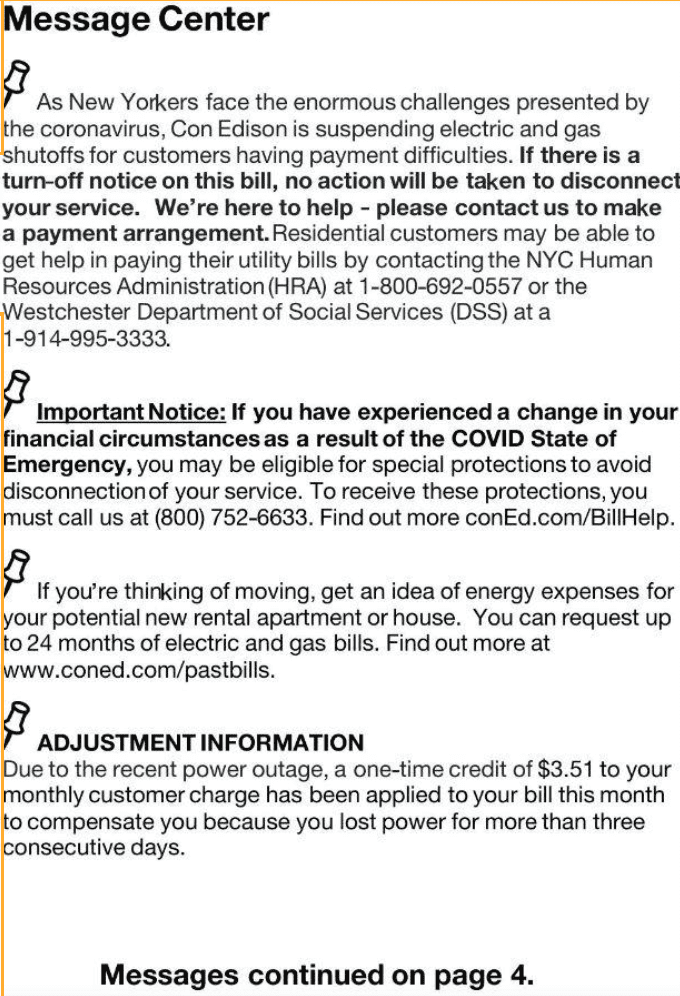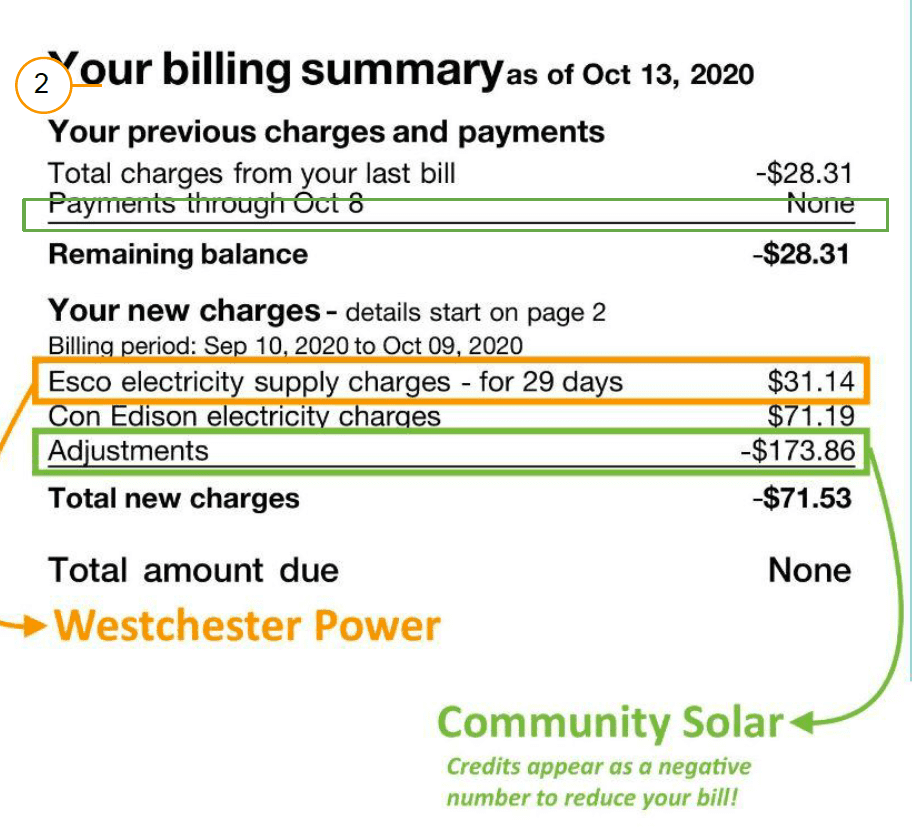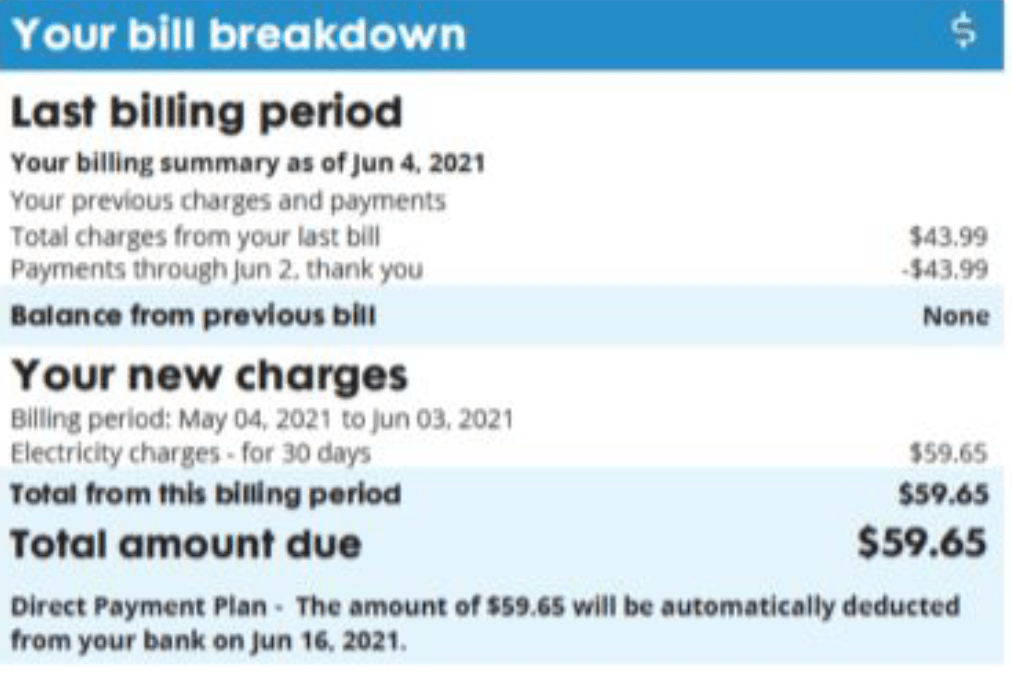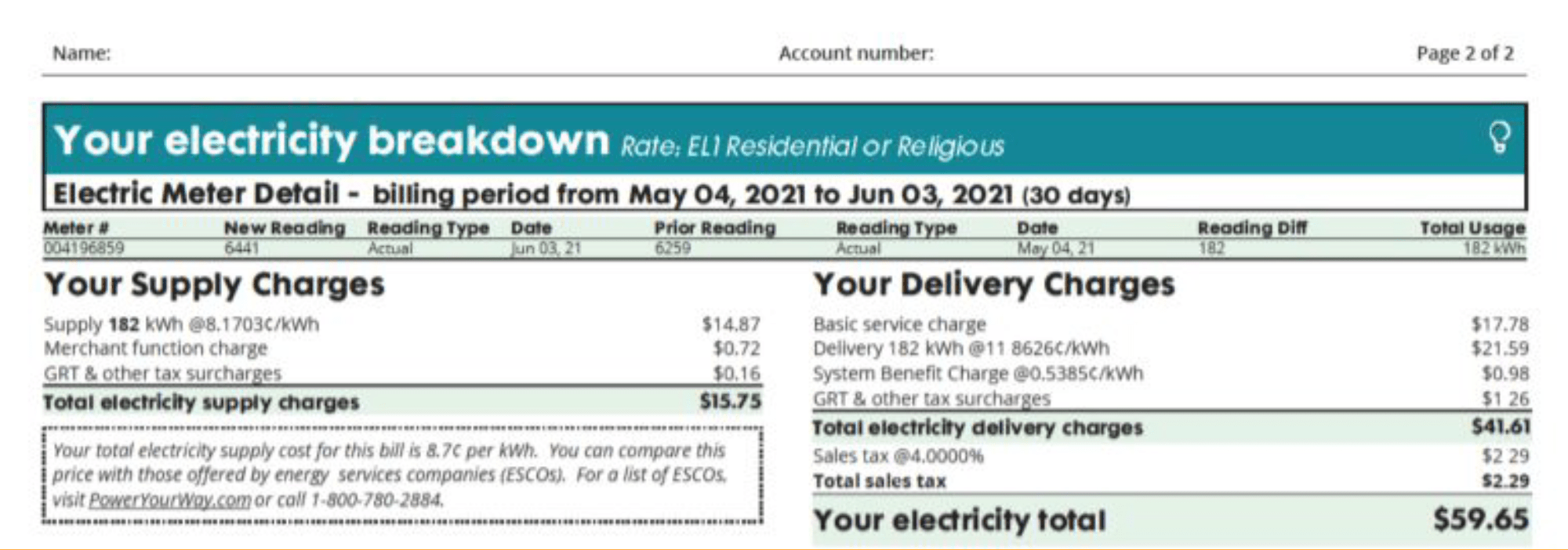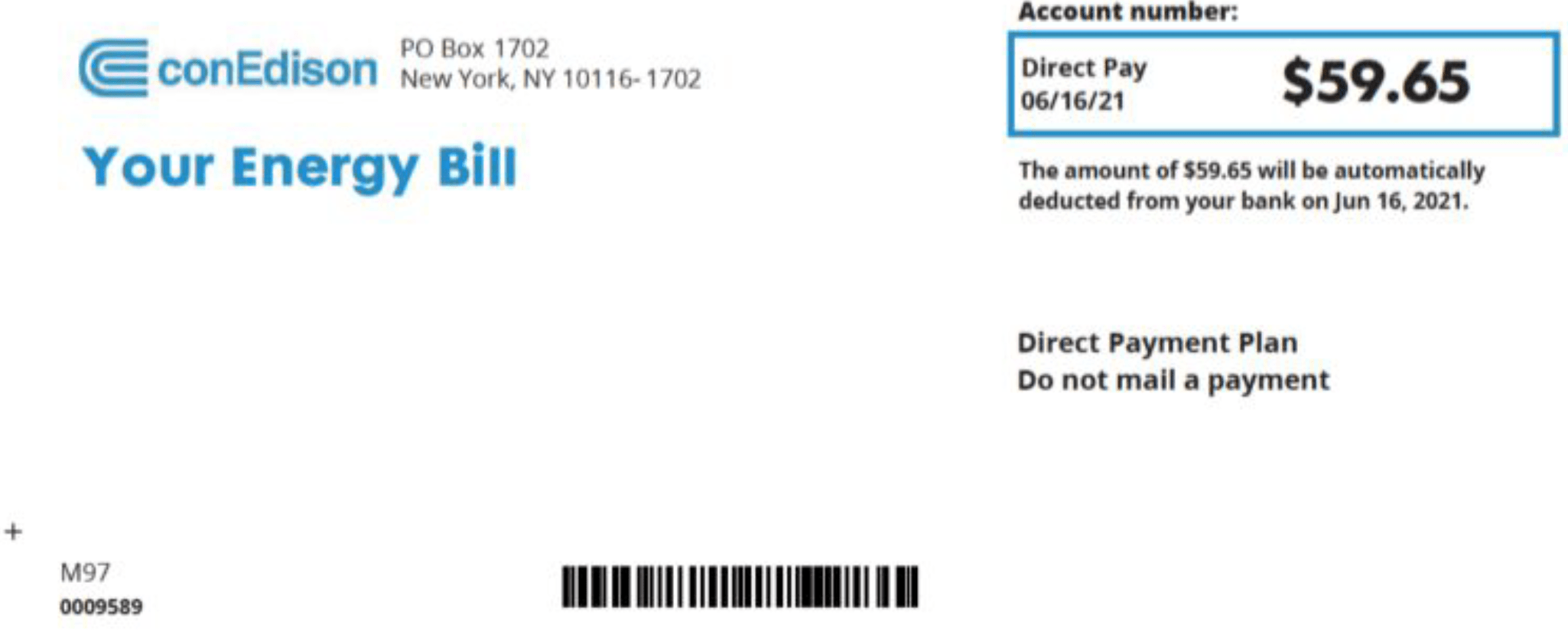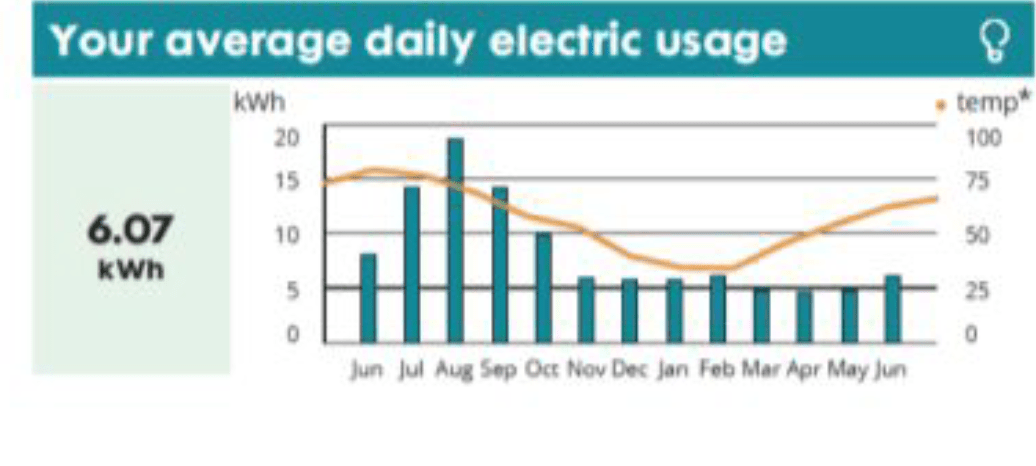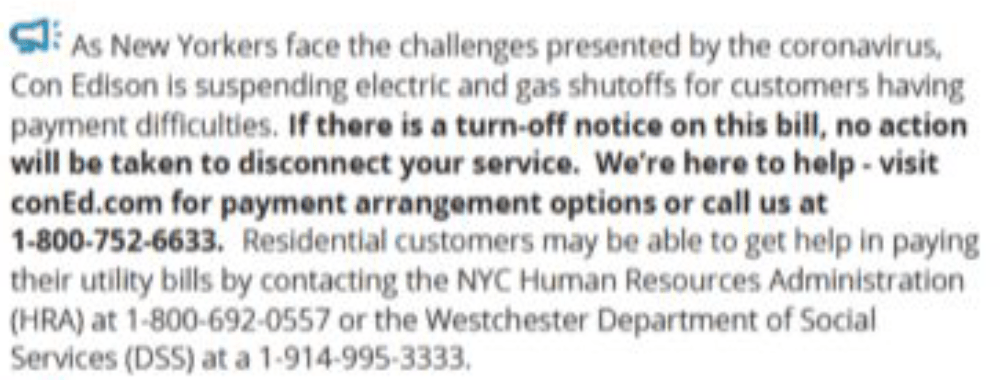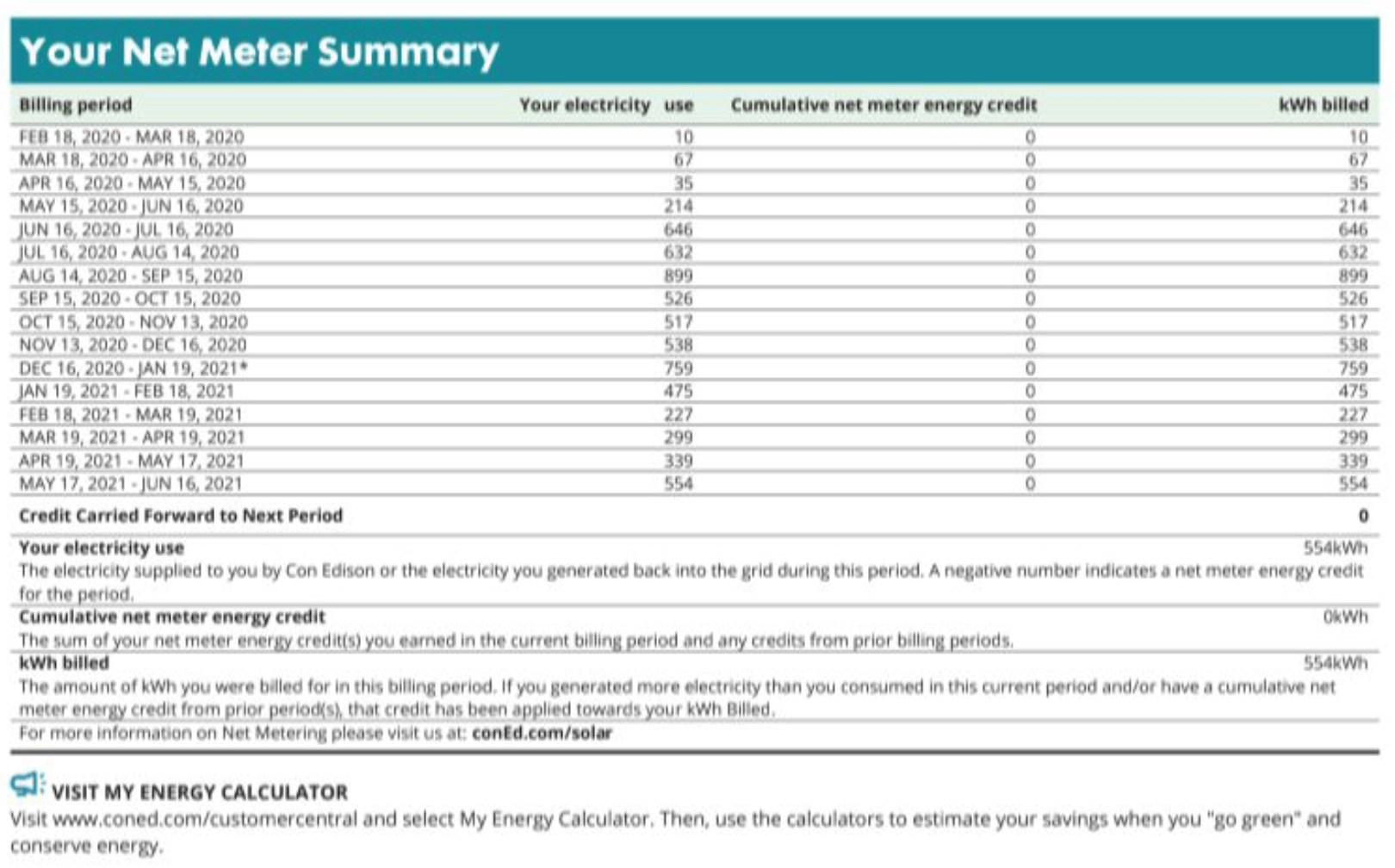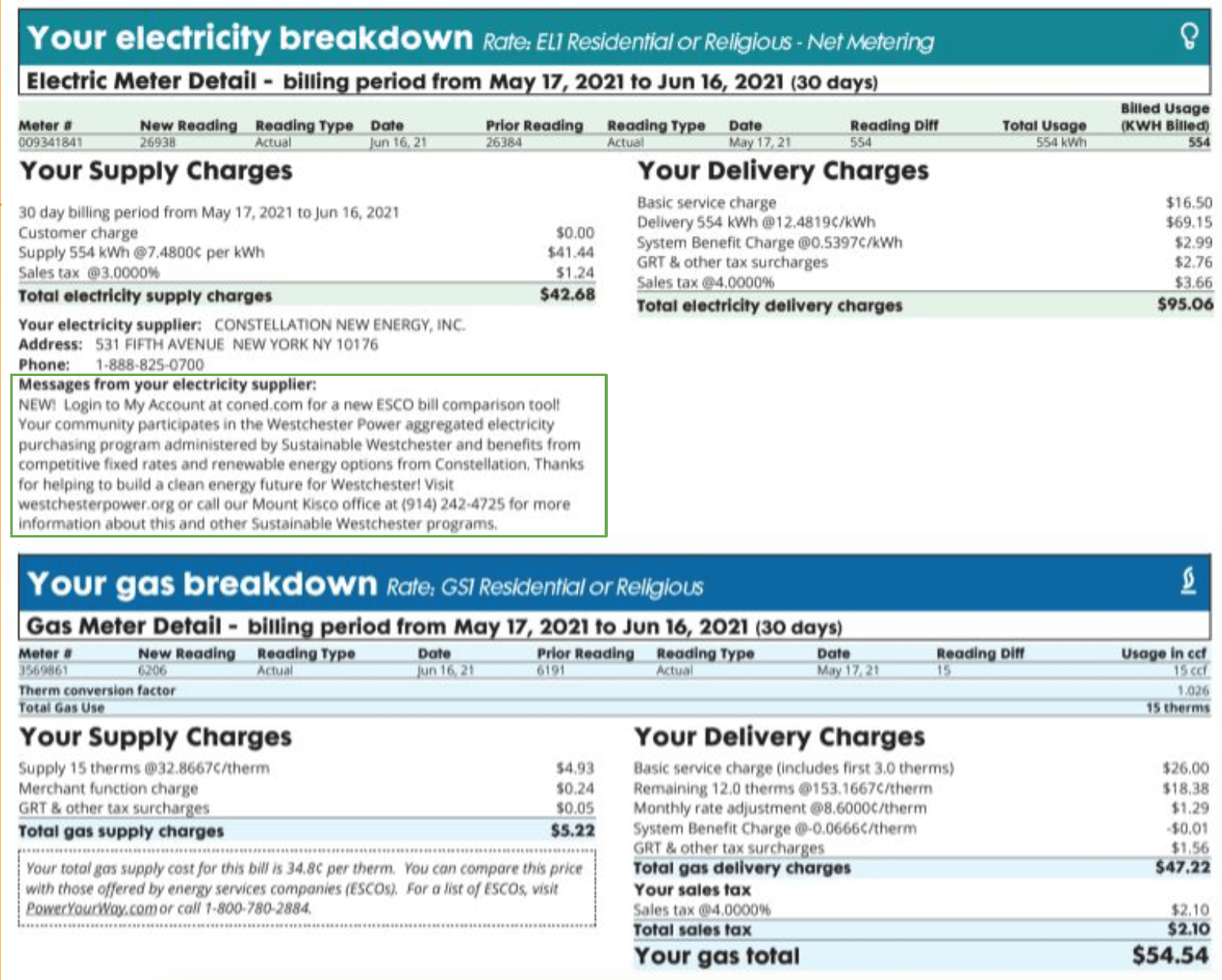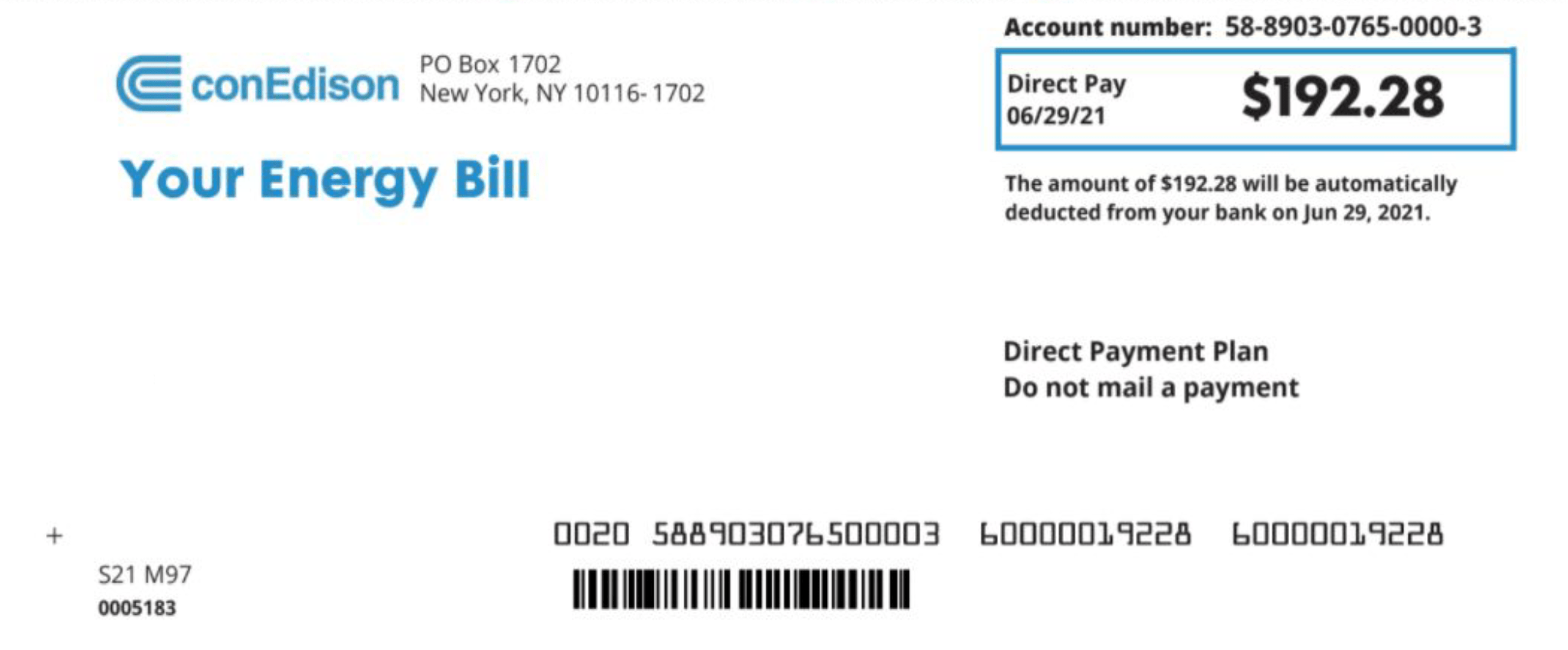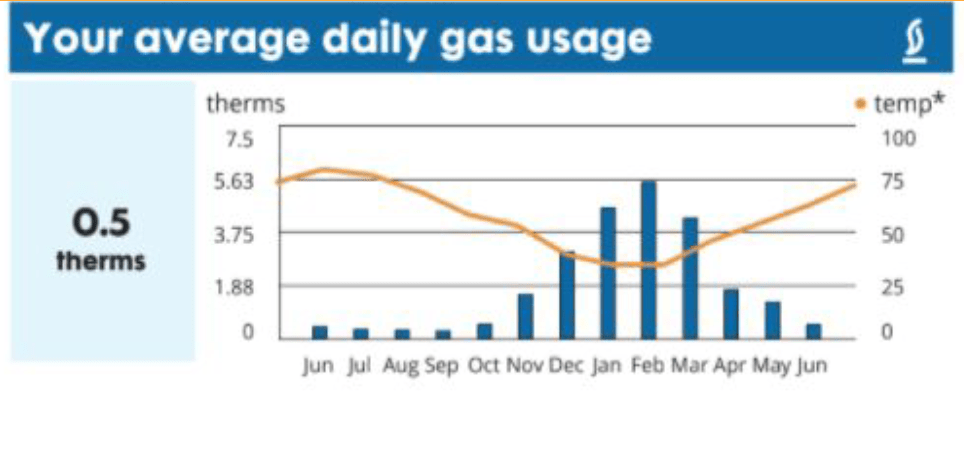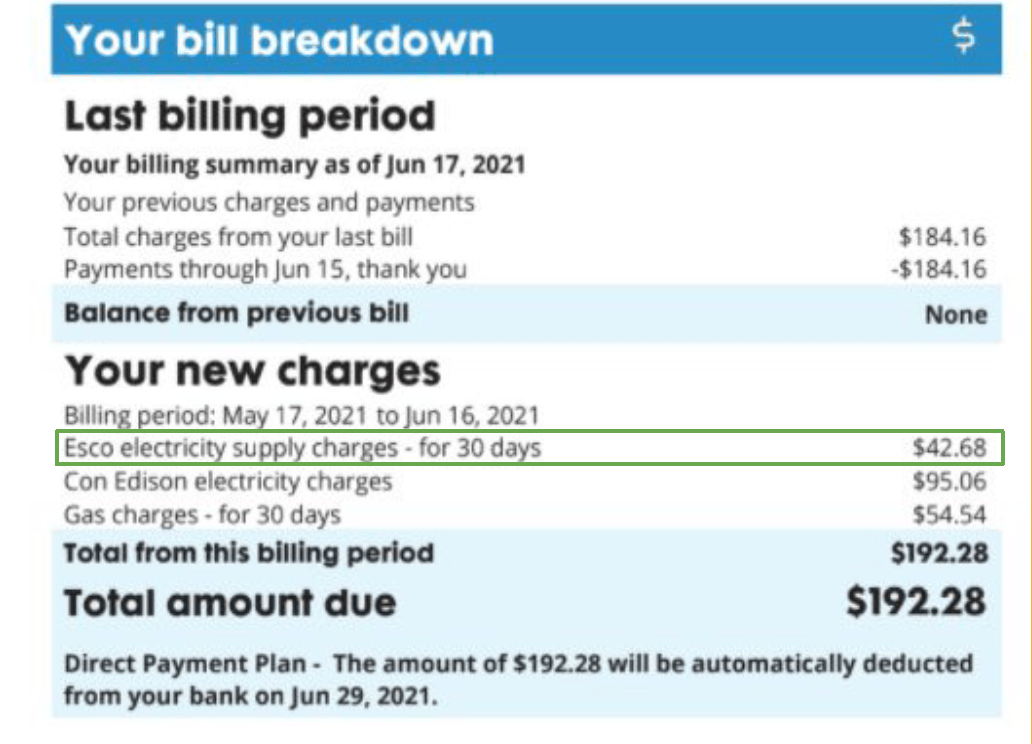Un-Sustainable Lawn
- Noise emissions from lawn equipment and heavy use of lawn chemicals risk human health and well being
- Toxic emissions from lawn equipments pollute the air
- Heavy and mindless watering leads to water scarcity
- Chemical runoff from our lawns pollutes our water systems
- Overuse of fertilizers causes soils to become poorer in quality and devoid of nutrients
- Improper planning and application leads to waste of resources
- Monoculture grass lawns do not support wildlife and pollinators
- Excessive tilling releases carbon into the atmosphere
- Grass-scapes do not mitigate heat island effect
Sustainable Lawn
- Low noise equipments and less harmful chemicals supports human health and well being
- Lower or zero emission equipment protect clean air
- Careful irrigation and rainwater harvesting enables water conservation
- Low chemical runoff into streams protects clean water for aquatic life
- Use of natural soil amendments such as compost help build healthy and fertile soil, and controls soil erosion
- Conserves resources – reduce/reuse/recycle
- Biodiversity in lawns supports habitat for wildlife and pollinators
- Composting and kitchen gardening help sequester carbon
- Trees and seasonal plants help mitigate urban heat island effect
Interested in learning more and making a positive environmental impact through sustainable landscaping?
Hear from our experts and municipal pioneers featured in this full-hour webinar. It is packed with useful information and action steps relevant for municipal governments and large property owners…
- Jamie Banks, Executive Director, Quiet Communities (QC) Topic: Health impact of landscaping practices and why we need to transition.
- Dan Mabe, Founder and CEO, American Green Zone Alliance (AGZA) Topic: Creating AGZA Certified Green Zones, and working together with ALL stakeholders.
- Kristin Andersen, Former Co-Chair & Member of Village of Larchmont Environmental Committee Topic: Implementing ban on leaf blowers with buy-in from all Village departments and residents.
- Dan Welsh, Town Councilman & Member of Town of Lewisboro Sustainability Advisory Committee Topic: Offering equipment exchange program and discounts on purchases for commercial or residential use.
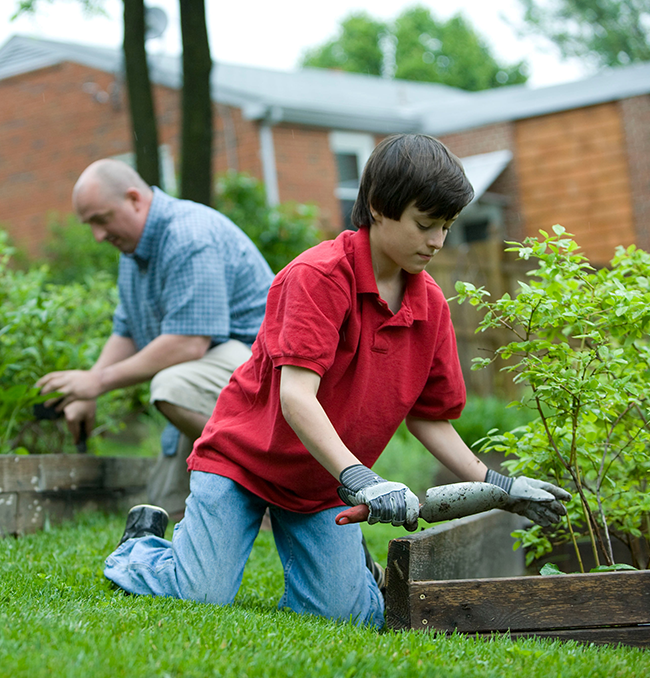
Health & Well-being
Today more than 80% of Americans live in cities and suburbs, further away from nature. Therefore, the landscapes in our urban/suburban environments become more important than ever in bringing us closer to nature and thus closer to better health and well being.
We are motivated to bring forth solutions that will make it easier to create healthy, climate-friendly, sustainable landscapes.
Scroll down for more information.
Electric Landscaping
is the (near) future
If your municipality or facilities are looking to phase out their old gas-powered landscaping equipments, this is a great opportunity to look into electric options!
Sustainable Westchester has partnered with American Green Zone Alliance (AGZA) and Quiet Communities Inc. to bring solutions that make it easier for Westchester’s landscaping crews and local companies transition to quieter, cleaner and low impact technologies.
To get started, book a free consultation with us.
Email: Rachel@sustainablewestchester.org

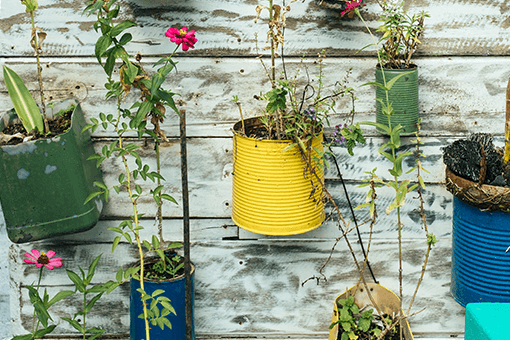
No to high-maintenance lawns, plant natives instead!
Landscapes designed with consideration to local climate and soil conditions have lower water usage and maintenance requirements.
Also, native plant species possess their own defenses against pests and diseases, so there is less to no need for pesticides and fertilizer!
A list of native plants (flowers, shrubs, trees and vines) for the New York region, made by NY Department of Environmental Conservation
Pollinators provide
a great service.
Show them your love!
It is estimated that domestic honey bees pollinate approximately $10 billion worth of crops in the U.S. each year.
In farming situations, they help increase production yield per acre.
In the wild, they help increase wildlife food sources.
By mindfully planting habitats for pollinators in our lawns, we support our own needs for food and support biological diversity in natural ecosystems.
A Regional Guide for Farmers, Land Managers, and Gardeners, published by the Pollinator Partnership
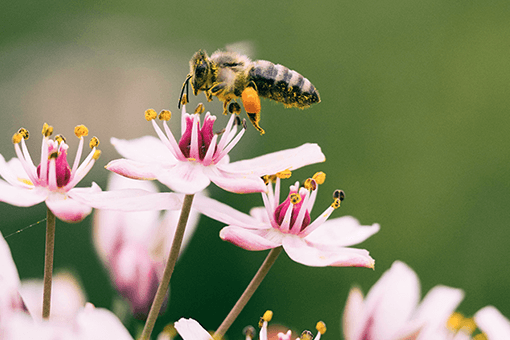
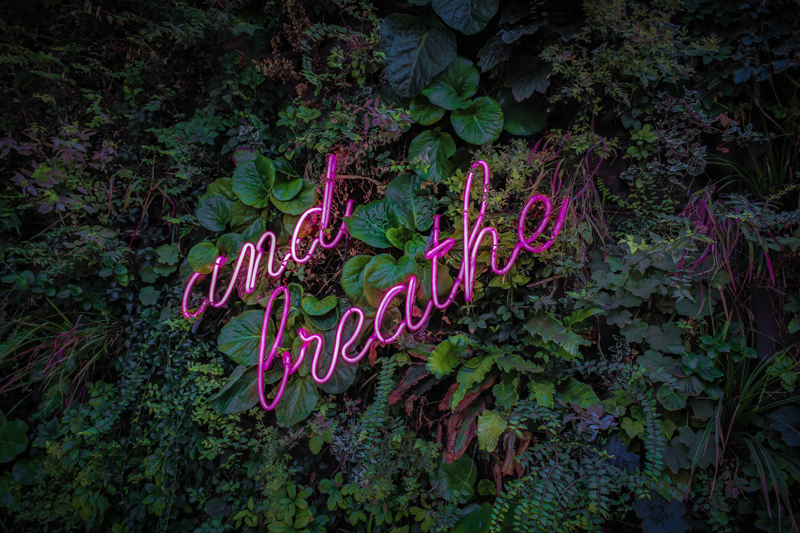
Build a healthy lawn,
Not a chemical lab
The standard lawn management approaches rely on heavy use of chemical pesticides and weedicides that are known carcinogens (causing cancer) and endocrine disruptors (causing hormonal disbalance).
There is a better way!
Think about lawn care as a preventative health care program where the goal is to build a healthy lawn so you don’t have to rely on harsh chemicals to treat them.
A healthy lawn can out compete most weeds, survive most insect attacks, fend off most diseases- before these problems become too big to solve.
A guide from EPA on how to build a healthy lawn.
Grow, Eat, Compost. Repeat
As families discover the joy of harvesting ‘fruits’ of their labor, they unknowingly also help build our community’s resilience over a food supply chain that can only guarantee 3 days worth of food supply!
Composting what is not eaten helps bring the critical nutrients back into the soil as opposed to being sent away as trash.
The Healthy Yards team in Westchester has created an excellent step-by-step guide for growing your own food and composting what is left.

We welcome Municipal officials and Westchester residents to find:
- Cost-effective
- Practical
- Sustainable
Landscaping solutions that will work.
Please enter some details so we can connect you with the right resources.







